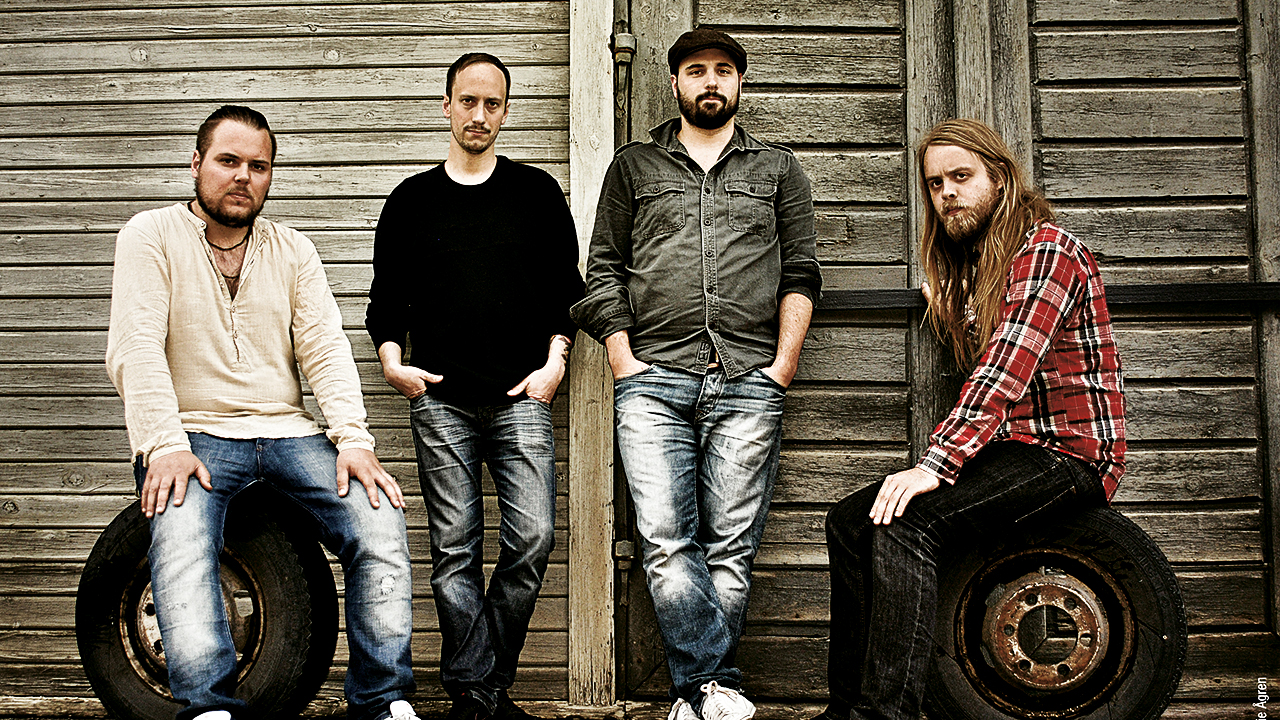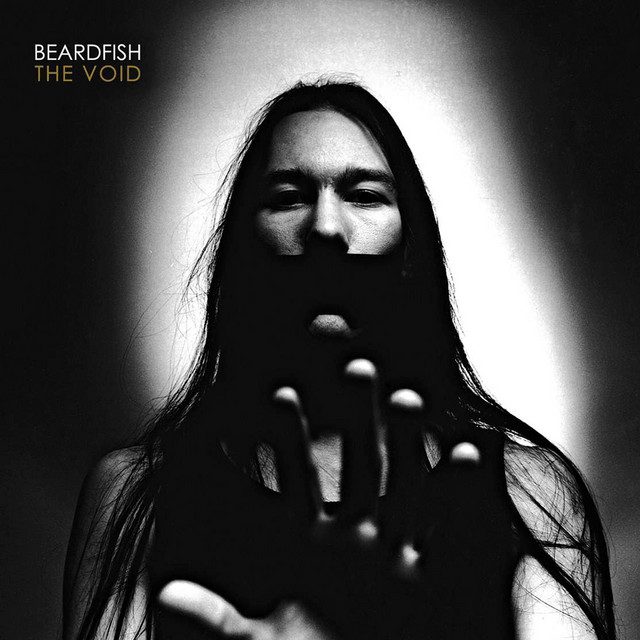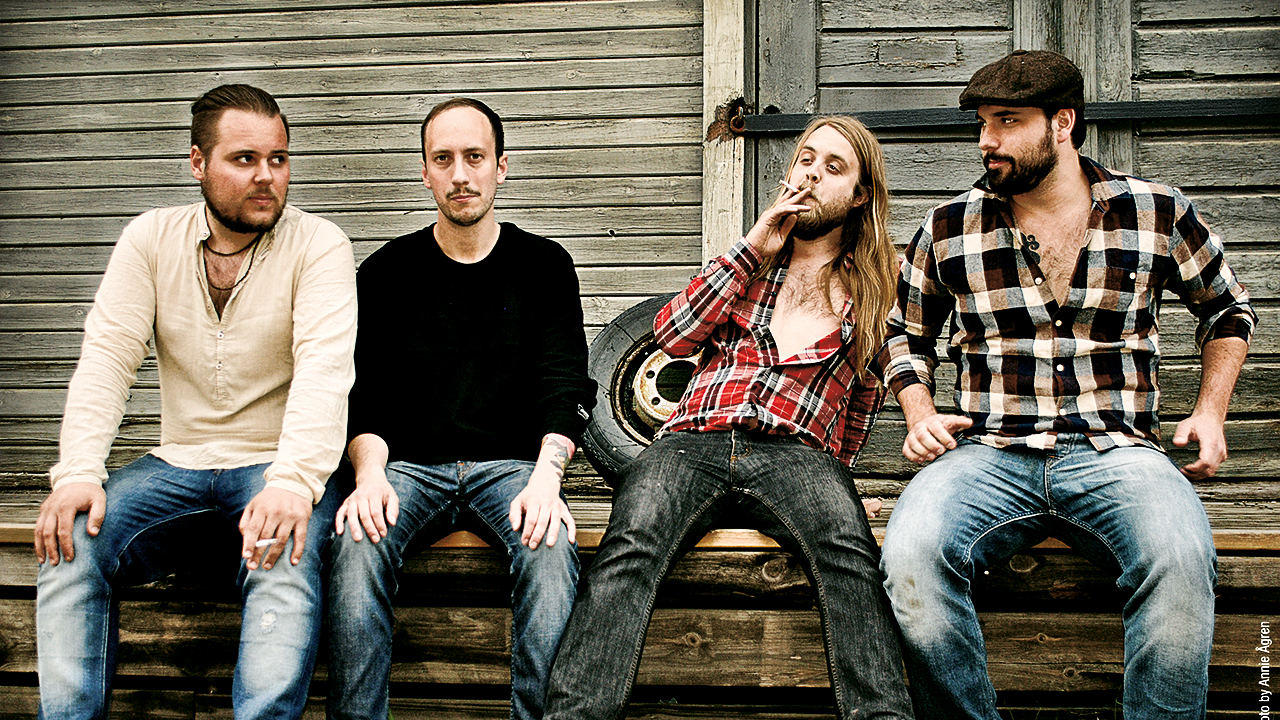
Select the newsletters you’d like to receive. Then, add your email to sign up.
You are now subscribed
Your newsletter sign-up was successful
Want to add more newsletters?

Every Friday
Louder
Louder’s weekly newsletter is jam-packed with the team’s personal highlights from the last seven days, including features, breaking news, reviews and tons of juicy exclusives from the world of alternative music.

Every Friday
Classic Rock
The Classic Rock newsletter is an essential read for the discerning rock fan. Every week we bring you the news, reviews and the very best features and interviews from our extensive archive. Written by rock fans for rock fans.

Every Friday
Metal Hammer
For the last four decades Metal Hammer has been the world’s greatest metal magazine. Created by metalheads for metalheads, ‘Hammer takes you behind the scenes, closer to the action, and nearer to the bands that you love the most.

Every Friday
Prog
The Prog newsletter brings you the very best of Prog Magazine and our website, every Friday. We'll deliver you the very latest news from the Prog universe, informative features and archive material from Prog’s impressive vault.
Beardfish had a pair of self-financed releases to their name before being picked up by InsideOut five albums ago. They’ve spent their 11 years together carving a reputation as a fairly cosy yet extremely accomplished neo-prog outfit. Of late, though, mild changes are afoot.
“We’ve been fans of heavy metal for a while,” explains vocalist, keyboard player and chief composer Rikard Sjöblom, “though that more aggressive style was confined within our live performances.” These harder sounds began to show themselves on the Swedish band’s previous album – last March’s Mammoth – on songs such as And The Stone Said: If I Could Speak and The Platform. Sjöblom chuckles at the admission that they ‘probably chickened out’ of turning the fuzzbox up further. “In the past when we asked ourselves, ‘Should we really distort the guitars that much or use double-kick drums?’, we didn’t really go the full distance. This time it felt right to turn the amps up and do some much heavier songs.”
Beardfish’s eighth album, The Void, is their most intense work to date. Some of its songs, including Voluntary Slavery and This Matter Of Mine, actually feature growled vocals. Sjöblom is realistic enough to accept that this extreme form of delivery might alienate certain fans, but he isn’t losing too much sleep. “Yeah, it’s something that people will love or hate,” he affirms casually. “I sang in a metal band when I was younger. It felt like to fun to see whether or not I could still do it.”
In fact, before forming Beardfish in 2001, Sjöblom and guitarist/synth player David Zackrisson were also together in a grunge act called Wooderson; another fact unlikely to endear them to the moral guardians of progressive music. “Oh, I don’t know,” laughs Sjöblom. “A lot of prog fans like Soundgarden, probably because they use a lot of Mellotron. Soundgarden have always been one of my favourite bands.”

The musician’s life changed on the day that a friend lent him a copy of King Crimson’s In The Court Of The Crimson King, though he admits that the 1969 masterpiece took its time to fully cast its spell upon him. “It’s lucky that I borrowed it for a few weeks. Once I ‘got it’, though, that album changed my whole view of music. And of course it’s worth pointing out that King Crimson were a very heavy band – even more so than many of the metal bands that I listen to.” To list these is to run the gamut of the metal genre, from Metallica and Iron Maiden (whom Sjöblom took to aged just six) to Helloween to Napalm Death.
Returning to the thorny subject of how Beardfish fans are likely to react to their heavier material, he points out that Voluntary Slavery (featuring the lyric ‘Dropping bombs in the schoolyard’), has already been performed in their live shows for more than a year.
“I’m not too worried,” he says. “There are some YouTube clips filmed by the fans and most people seem to enjoy it. But what can you do? Some fans will always prefer the classic prog sound.” The pioneering work of bands like Sjöblom’s fellow countrymen Opeth has certainly broken down the barriers a little. “I really love Opeth,” he says. “I need to go out and pick up their latest album, Heritage. Thanks for reminding me!”
Sign up below to get the latest from Prog, plus exclusive special offers, direct to your inbox!
Hang on a moment, though. It would be foolish to get things out of proportion.
While Beardfish have undoubtedly upped the ante on a selective chunk of The Void, but for the most part it continues to offer the rich, fragrant, muso-intensive work for which they have become known, and admired. Besides Crimson, reviewers always seem to compare Beardfish to Yes, early Genesis and Gentle Giant – something that’s unlikely to change.
“I’ve never been too much of Yes fan, actually,” admits Sjöblom, “though I love their Close To The Edge album. Robert [Hansen, Beardfish’s bassist] and Magnus [Östgren, drummer] are our big Yes fans. They also like Camel, though I don’t really like them either.”
While we’re dispelling a few myths, let’s address an observation raised in a Classic Rock album review: has Sjöblom modelled his vocal style upon that of Pye Hastings from Caravan?
“That’s not true at all,” he states. “I’ve never really listened too much to Pye, though last year in Italy we played a couple of shows with Richard Sinclair [Caravan’s guitarist from 1968-1972 and 1982] and I love what he’s doing. His singing style is really cool, but if you’re asking about vocal influences then I’ve always loved John Wetton, and Eddie Vedder from Pearl Jam. Chris Cornell [of Soundgarden], too. There has to be an emotional connection for me.”

Beardfish also believe in expressing a sense of humour in what they do. When this writer saw them in May 2008 supporting Ritual and The Tangent at London’s Camden Underworld, amid all of the expected Hammond organ and neo-prog they also performed a very freaky hard rock song called The Gooberville Ballroom Dancer from 2006 album The Sane Day. The song begins with the lines: ‘He was a filthy motherfucker by the name of Dwight/He only bathed ’bout once a year/He didn’t smell alright’.
“I haven’t written too many like that one for some time now,” says the author now. “The last one was South Of The Border from [2008’s] Sleeping In Traffic: Part Two.” This song features a character called Garth, an obnoxious lothario who reaches the horrified realisation that he is gay after getting drunk and sleeping with a beefy drag queen named Amanda. “Doing too many of those songs can be a bit forced,” says Sjöblom, “ but I don’t think it’s something you should shy away from when the mood takes you. As a fan of Frank Zappa, I believe that humour has its place in music.”
Frivolity aside, The Void also has a central concept running through its 10 songs. “The title refers to an emotional void based upon loss,” Sjöblom reveals. “A lot of tough stuff happened to me that I don’t really want to go into in an interview, but it left me in a very low state. The album’s main character is trying to get away from that emotional darkness. The album makes some depressing statements about
war and what people are doing to each other.”
The band’s two independent releases, 2003’s Från En Plats Du Ej Kan Se and aforementioned The Sane Day, served to put Beardfish on the map. Wider attention beckoned when a pair of conceptual releases – Sleeping In Traffic, Part One and Part Two (the first emerging in 2007) – prompted one Mike Portnoy to sing their praises. This was in the summer of 2008, when Portnoy was still a member of Dream Theater, and he described Beardfish to the readers of Classic Rock as: “One of today’s
best modern progressive bands, representing the genre’s classic sound – they’re more about darkness than heaviness, taking what the original prog bands did 30 years ago into the current millennium”.
Notwithstanding the subsequent tweaking of the group’s sound, Sjöblom happily accepts this compliment, though as yet he hasn’t personally thanked Portnoy for his efforts in promoting Beardfish. The drummer’s generosity had extended to the offer of a prestigious slot on the US leg of Dream Theater’s Progressive Nation tour in 2009, something Beardfish were forced to decline at the last minute due to the then financial insolvency of parent label SPV. The matter has since been dealt with, though this did little to soften the crushing blow.
Rikard Sjöblom sighs at the memory. “We were in the States playing NEARFest when we found out and, man, that was tough. We had planned our whole summer around it. Magnus had even quit his job as his boss wouldn’t let him go on the tour. But I suppose I did get a good song out of it.” (The song in question, Lamentation, featured on Lamentations, the 2011 album by Sjöblom’s solo project, Gungfly.)
However, fate has seen fit to allow Beardfish a second bite at the cherry. Portnoy has selected them as the opening act on Flying Colors’ European tour this September. The supergroup also features ex-Spock’s Beard keysman Neal Morse, Deep Purple guitarist Steve Morse, Dixie Dregs bassist Dave LaRue and vocalist Casey McPherson.) “What I’ve heard of the Flying Colors album is fascinating,” Sjöblom enthuses, “and it’ll be great to finally do something with Mike. Until now we’ve only communicated by phone and email.”
The tour includes a stop at London’s Shepherd’s Bush Empire on September 21, and Beardfish hope to return to the UK towards the end of the year. “So far we’ve only done the Summer’s End festival in Lydney in 2008, and that gig with Ritual and The Tangent. We’ve had problems with British promoters. It’s always been easier getting gigs in Germany, Holland and Belgium, even the States. We don’t have lots of English fans, though obviously we hope that’ll change.”
This article originally appeared in issue 29 of Prog Magazine.

Dave Ling was a co-founder of Classic Rock magazine. His words have appeared in a variety of music publications, including RAW, Kerrang!, Metal Hammer, Prog, Rock Candy, Fireworks and Sounds. Dave’s life was shaped in 1974 through the purchase of a copy of Sweet’s album ‘Sweet Fanny Adams’, along with early gig experiences from Status Quo, Rush, Iron Maiden, AC/DC, Yes and Queen. As a lifelong season ticket holder of Crystal Palace FC, he is completely incapable of uttering the word ‘Br***ton’.
